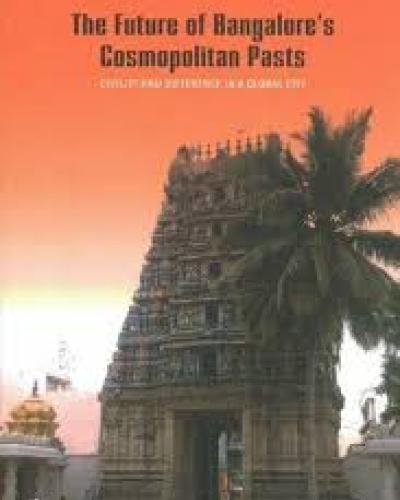 Department Homepage
The College of Arts & Sciences
Department Homepage
The College of Arts & Sciences

The Future of Bangalore's Cosmopolitan Pasts: Civility and Difference in a Global City
"Andrew C. Willford sheds light on a growing paradox: even as Bangalore has come to signify “progress” and economic possibility both within India and to the outside world, movements to make the city more monocultural and monolinguistic have gained prominence. Bangalore is the capital of the state of Karnataka, its borders linguistically redrawn by the postcolonial Indian state in 1956. In the decades that followed, organizations and leaders emerged to promote linguistic nationalism aimed at protecting the fragile unity of Kannadiga culture and literature against the twin threats of globalization and internal migration. Ironically, they support parochial cultural policies that impose a cultural and linguistic unity upon an area that historically stood at the crossroads of empires, trade routes, language practices, devotional literatures, and pilgrimage routes. Willford’s analysis, which focuses on the minority experience of Bangalore’s sizeable Tamil-speaking community, shows how the same forces of globalization that create growth and prosperity also foster uncertainty and tension around religion and language that completely contradict the region’s long history of cosmopolitanism." (Full Description)